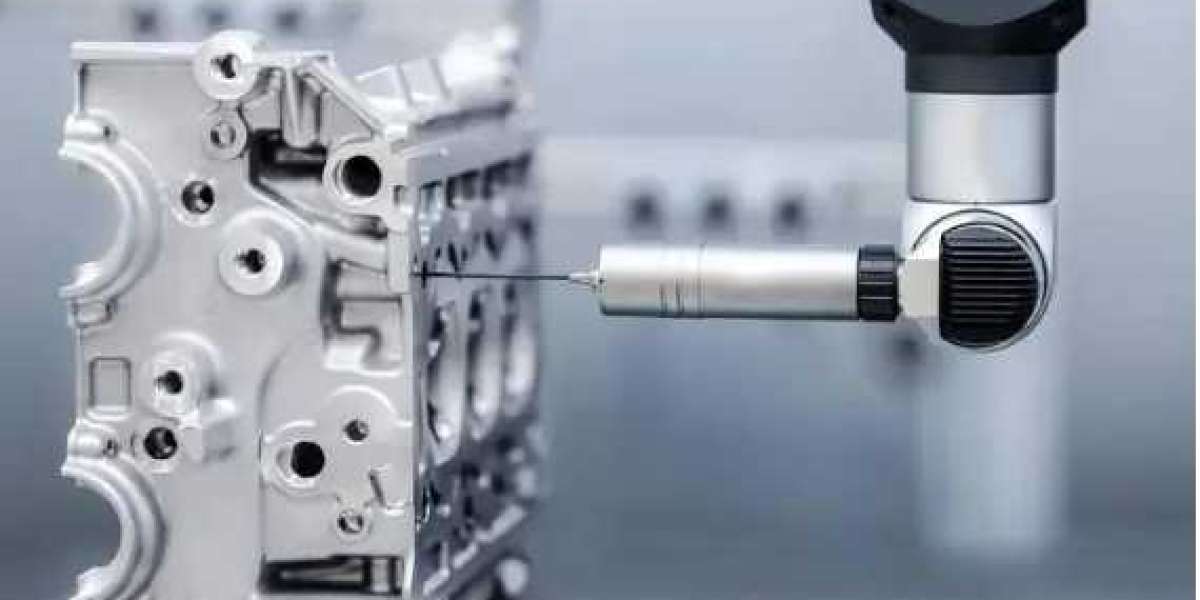In the realm of modern manufacturing, precision is paramount. One of the key technologies driving this precision is Computer Numerical Control (CNC) drilling. This method has transformed how industries approach machining, offering unparalleled accuracy, efficiency, and versatility.
CNC drilling utilizes computer software to control drilling machines, allowing for intricate designs and specifications to be programmed directly into the equipment. This eliminates many of the errors associated with manual drilling, where human oversight can lead to inconsistencies. With CNC technology, the margin for error is significantly reduced, ensuring that each part meets the exact specifications required by engineers and designers.
One of the standout features of CNC drilling is its ability to handle complex geometries. In industries such as aerospace and automotive, components often require precise holes and patterns that are difficult to achieve through traditional drilling methods. CNC drilling allows manufacturers to create these intricate designs with ease, ensuring that every component fits perfectly within its assembly.
Moreover, CNC drilling enhances productivity. Traditional drilling methods can be time-consuming, often requiring multiple setups and manual adjustments. In contrast, CNC machines can run continuously once programmed, significantly reducing production times. This is particularly beneficial for businesses that rely on high-volume production. With the ability to produce large quantities of parts quickly, manufacturers can meet market demands more effectively and reduce lead times.
The flexibility of CNC drilling also cannot be overstated. These machines can easily switch between different drilling tasks, making them ideal for both small batch and large-scale production. Whether a manufacturer needs a custom part for a specific project or hundreds of identical components, CNC drilling can adapt to the needs of the job. This versatility is crucial in today’s fast-paced manufacturing environment, where companies must be agile and responsive to changing demands.
CNC drilling is not only about precision and efficiency; it also promotes sustainability. With traditional drilling, excess material can often be wasted. CNC machines, however, are designed to optimize material usage, cutting down on scrap and reducing costs. This aligns with the growing emphasis on sustainable manufacturing practices, helping companies minimize their environmental footprint.
Furthermore, the integration of CNC drilling with other advanced technologies, such as CAD (Computer-Aided Design) and CAM (Computer-Aided Manufacturing), enhances its capabilities even further. Designs created in CAD can be directly transferred to CNC machines, streamlining the entire manufacturing process. This seamless integration minimizes the risk of errors that can occur during design transfer, further enhancing the overall quality of the final product.
As industries continue to evolve, the demand for precision machining will only increase. CNC drilling stands at the forefront of this evolution, providing the tools and capabilities needed to meet modern manufacturing challenges. With advancements in technology, such as improved software algorithms and more sophisticated machine designs, the future of CNC drilling looks promising.
In conclusion, CNC drilling has made a significant impact on modern manufacturing, offering precision, efficiency, versatility, and sustainability. As manufacturers seek to innovate and improve their processes, embracing CNC drilling technology will be essential. The ability to produce high-quality components quickly and accurately will define success in the competitive landscape of the manufacturing industry, making CNC drilling a cornerstone of future advancements.



